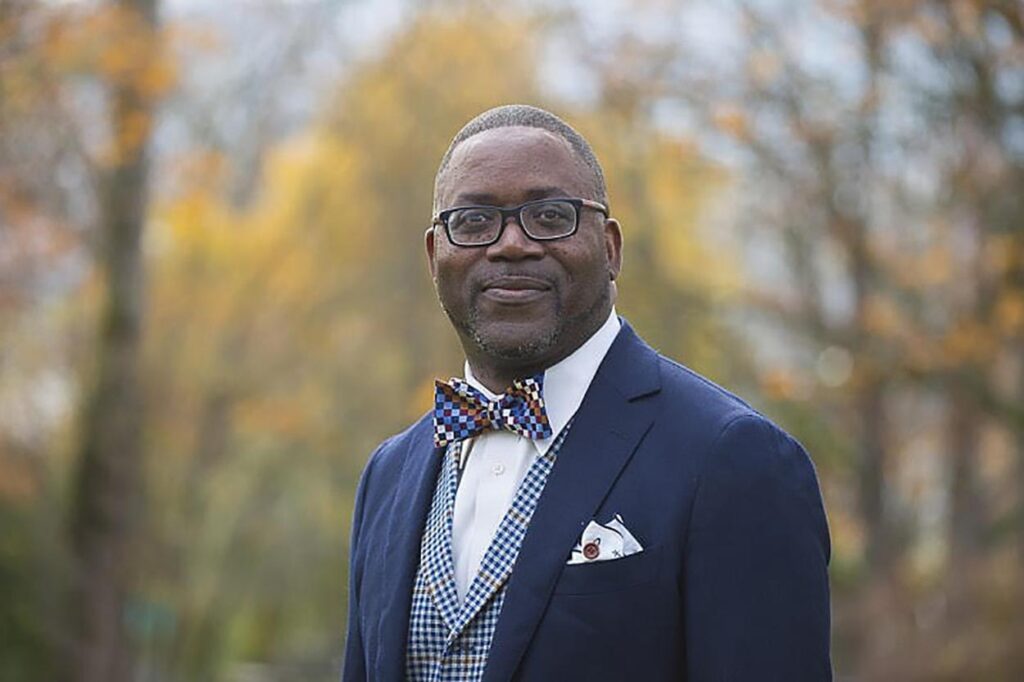In the wake of the nation’s racial reckoning, new academy offers specialized courses in diversity, equity and inclusion
To incorporate training on structural bias and anti-racism in the curriculum—and the workplace—the Case Western Reserve University School of Law is launching an Academy for Inclusive Leadership Development (AILD).
The AILD consists of specialized readings, training tools, presentations, discussions, exercises and simulations—as well as opportunities for reflection and application in real-world settings.

“This isn’t only about the national response to George Floyd and the racial reckoning of 2020,” said Bryan Adamson, the David L. and Ann Brennan Professor of Law and associate dean for diversity and inclusion at the law school. “But it fits within the American Bar Association’s requirement that laws schools engage in anti-racist education and substantial opportunities to engage in professional identity formation—and for lawyers’ continuing obligation to engage in professional development.”
Believed to be among the first of its kind in the country, the academy will offer both in-person and virtual courses, with in-person components on Saturdays from October through April. Participants will discuss topics such as structural biases in the legal profession, the science of bias, cultural humility, the economics of law practice, performing organizational assessments, building diverse work teams and inclusive practices in organizations, employment law, organizational management and transformational leadership.
In addition to current CWRU law students, the academy is also open to practicing attorneys seeking continuing legal education credits—granted to lawyers upon completion of the program.
Students receive a transcript notation and a certificate of completion.
“More than ever, law firms seek associates who aren’t just great attorneys, but great leaders as they look to transform their firms,” Adamson said. “The academy offers added skills that will make a real difference for graduates and law firms during the hiring process, and certainly helps attorneys be better-equipped to make and sustain a diverse, equitable and inclusive legal practices.”
Business professionals also are eligible to participate, he added.
The academy expects participants to engage in difficult and honest dialogue about structural biases in society and the legal profession regarding race, gender, ethnicity, LGBTQ identity, and ability. For that reason, there will be a primacy placed upon trust-building between the participants. In addition, law students and lawyers will move through the academy in separate cohorts “to avoid the self-censorship that might occur” if future employees and employers had these discussions in the same room, Adamson said. However, there are other intentional opportunities for law students and lawyers to dialogue on these very issues, he added.
In addition to legal experts, other specialists will facilitate lessons in organizational structure, leadership and human resource management. In its first year, there is no cost to participate in the academy.
The academy also hopes to expand to include the non-legal business community and graduate students. Those interesting in enrolling in the program are encouraged to email bla@case.edu.
For more information, contact Colin McEwen at colin.mcewen@case.edu.





